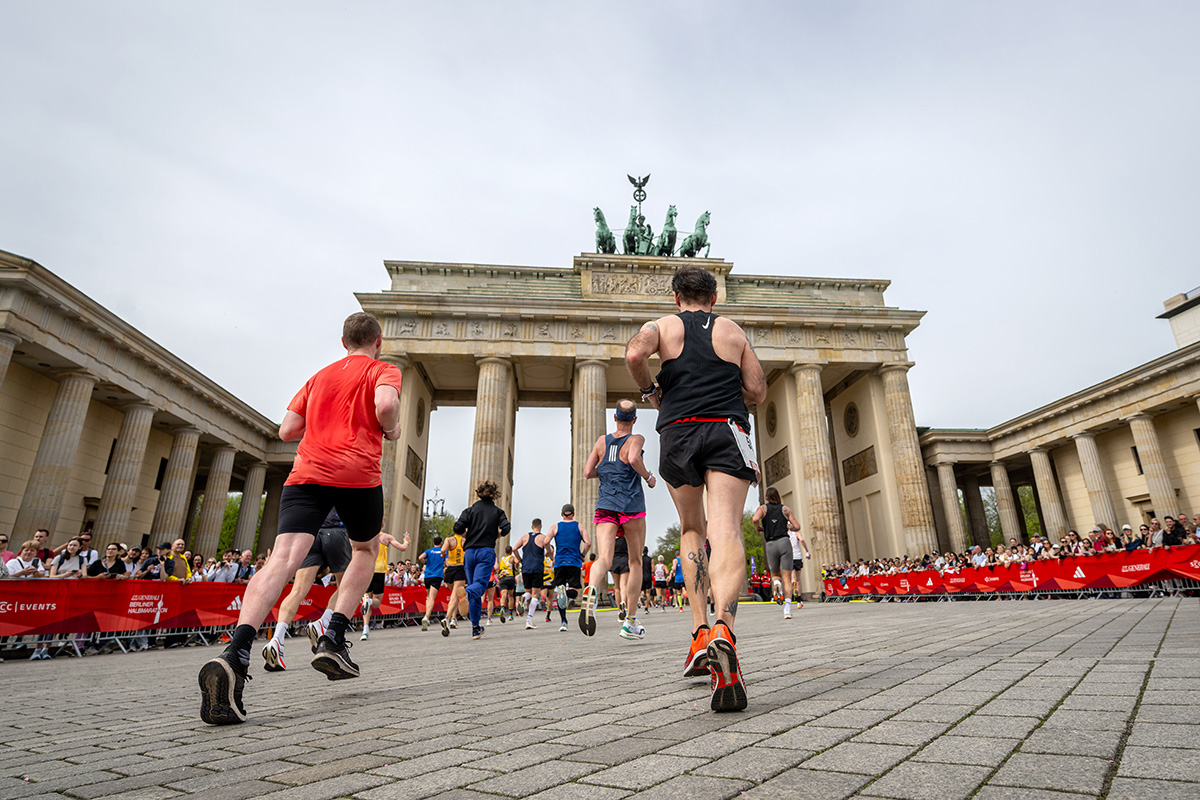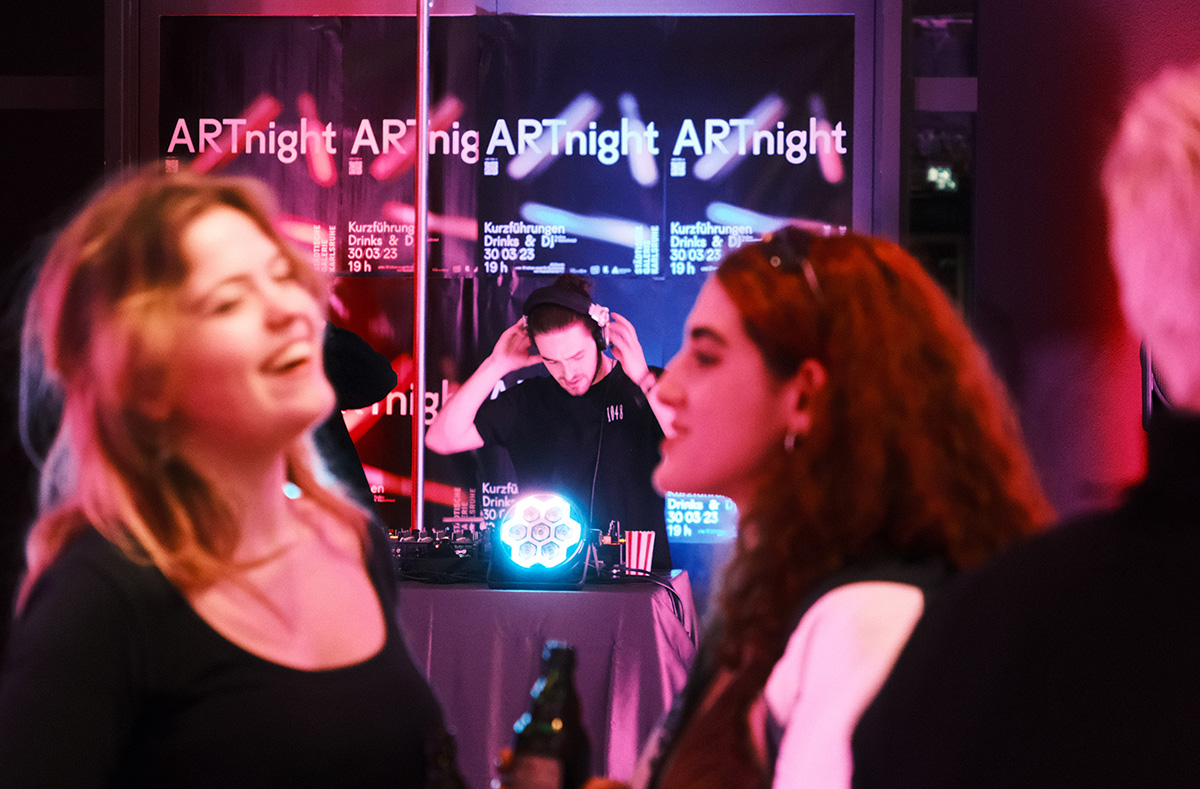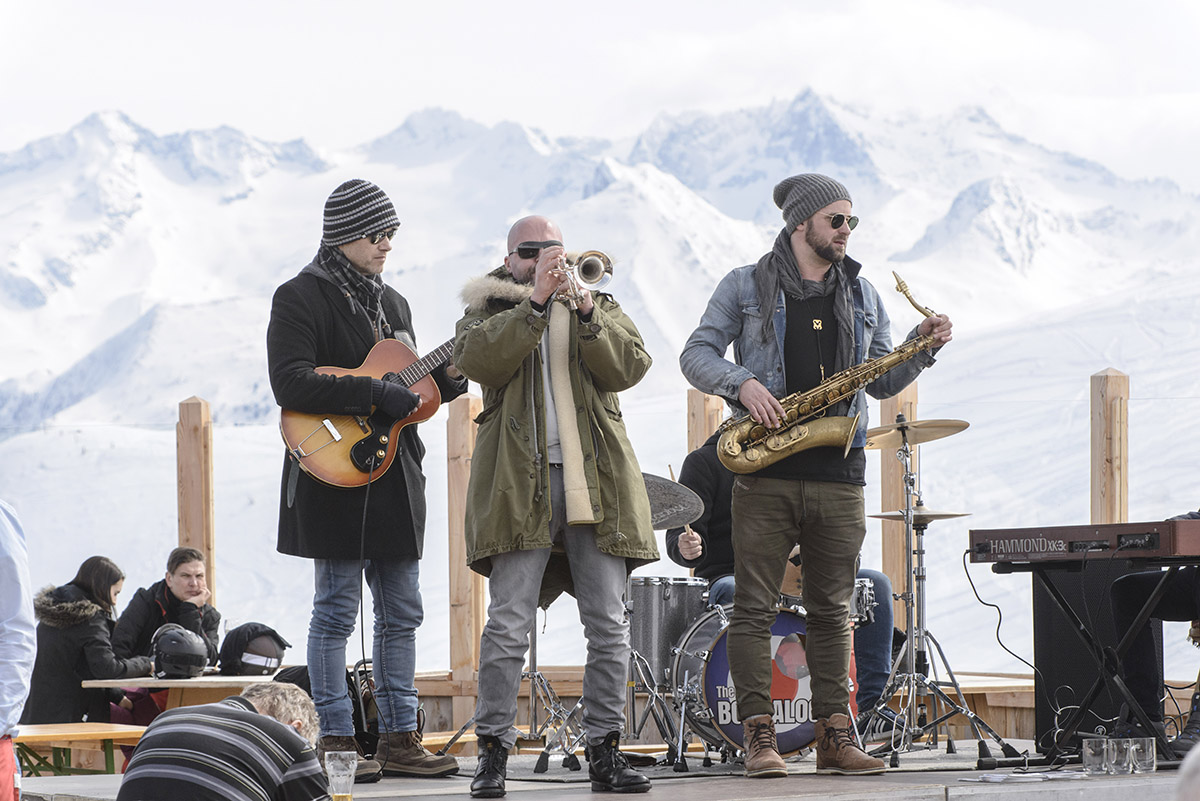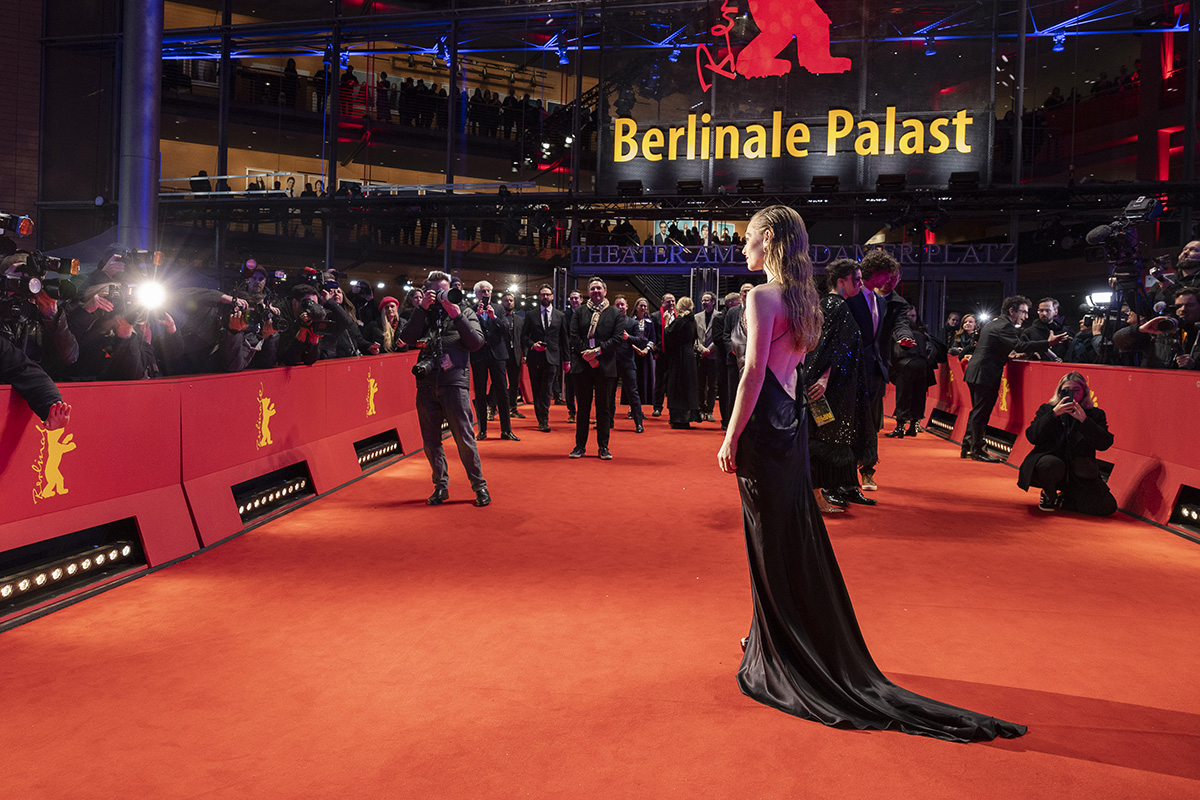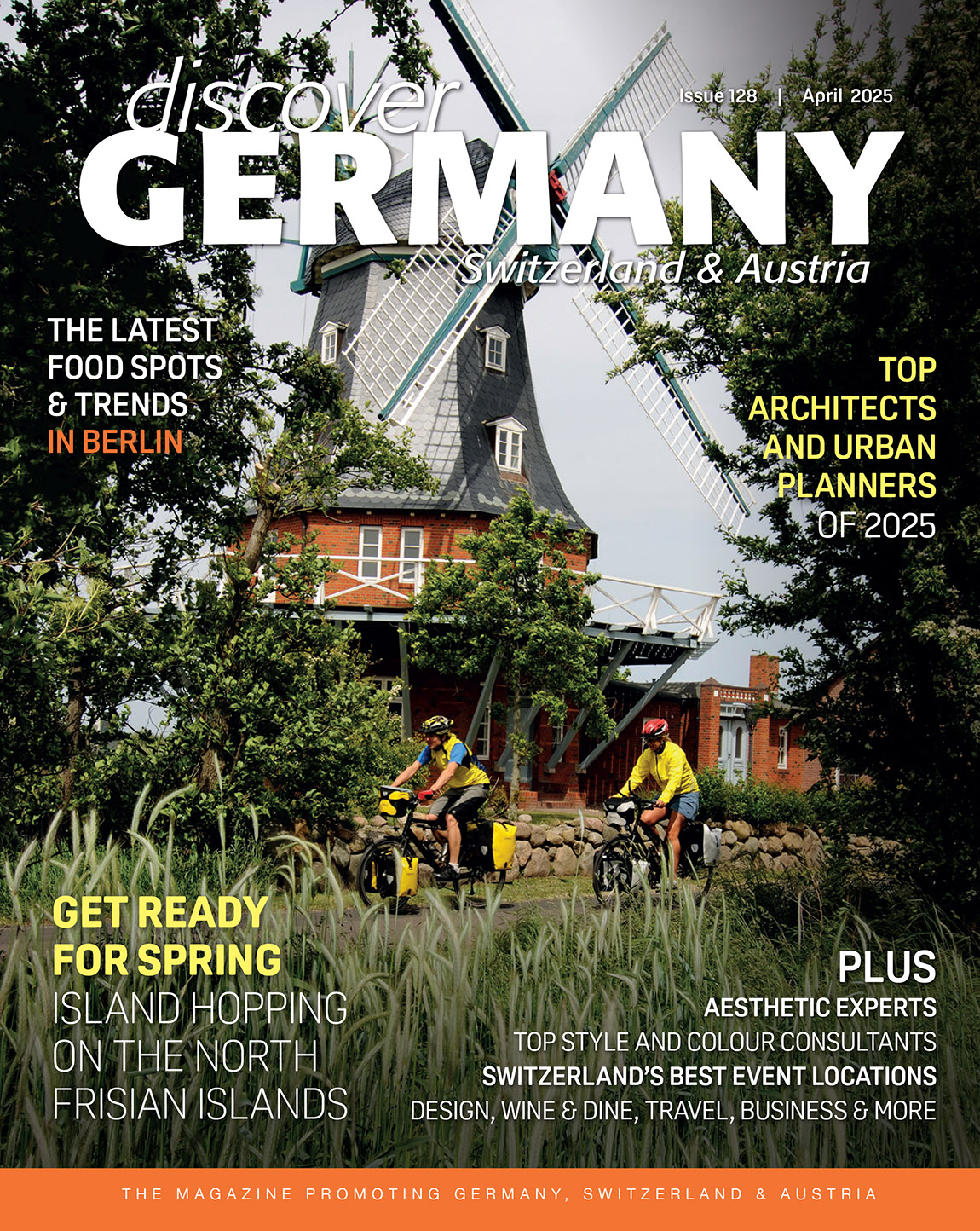MUNICH’S TUESDAY AFTERNOON STREET PARTY
TEXT: STUART FORSTER
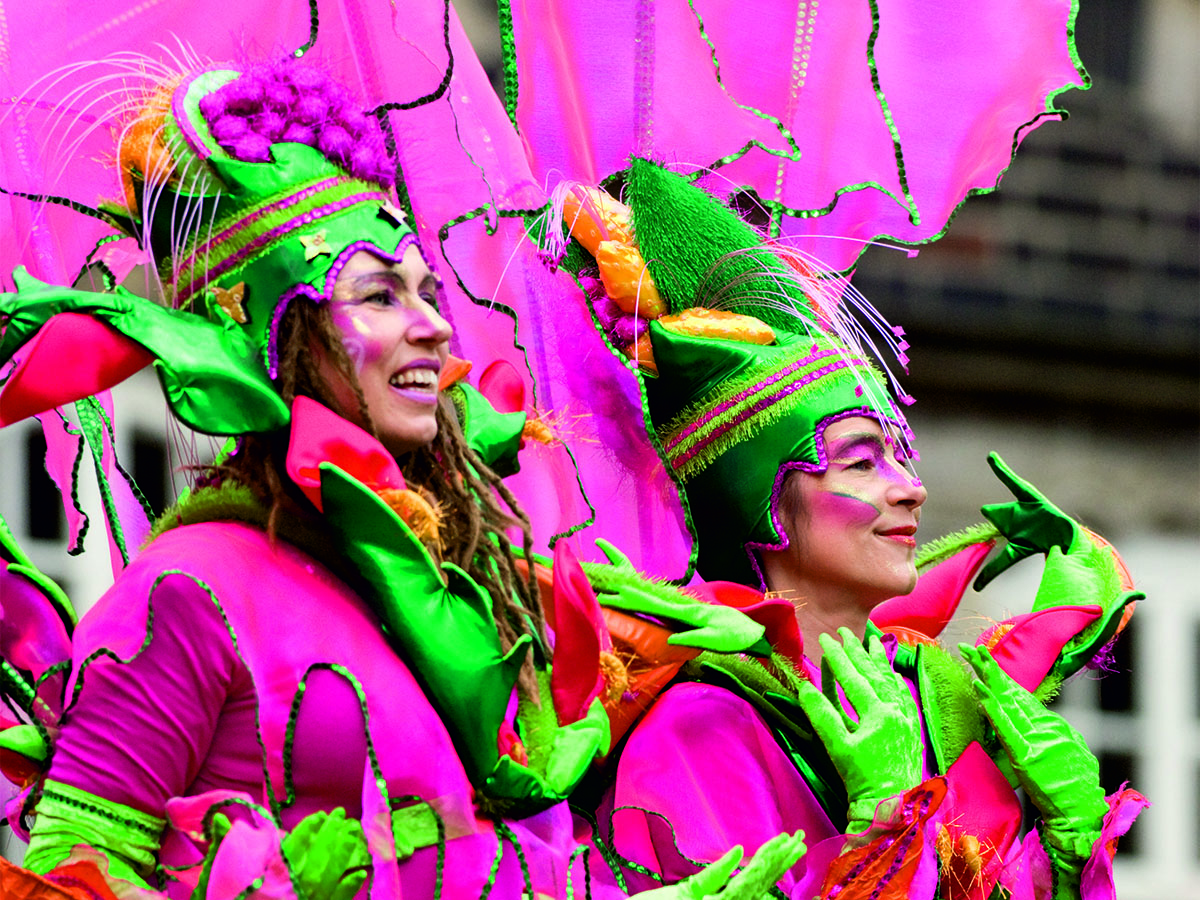
Photo: BTZ/Studio Banck
A mass of gently swaying people occupies the Viktualienmarkt in central Munich. The long-established market is a popular place for both city residents and visitors to purchase gourmet food and drink, but Tuesday afternoons are rarely this busy: Faschingsdienstag is not an ordinary Tuesday, however.
Around Germany, the day that’s known as Shrove Tuesday in Britain has a multitude of other names. In Cologne, Dusseldorf and the surrounding region it’s known as ‘Karneval’. Famously, there’s a popular tradition of people gathering on the streets of the Rhineland in costumes. There’s some evidence of that here too, though by no means everyone is dressed to impress.
Munich is capable of retaining a smidgeon of reserve even on days of celebration. Carnival is, of course, aligned with the Christian calendar and traditionally marks the last day of revelry before the solemnity of Lent. It’s celebrated in Munich, but not with such all-in gusto as up in the Rhineland.
Maybe an element of that is because people are saving themselves for the Starkbier, or strong beer, that is served at the Paulaner am Nockherberg and other beerhalls around the city. The Starkbierzeit, which translates as the ‘strong beer time’, is nicknamed Munich’s ‘fifth season’. That same term is used for the Carnival season elsewhere in the country.
Carnival begins on 11 November at precisely 11.11 am. By dint of history, that date has far more sombre associations in the United Kingdom and many Commonwealth Nations. In 1918, the ceasefire that marked the end of hostilities along the Western Front came into force on the 11th hour of the 11th day of the 11th month: consequently, it is commemorated as Remembrance Day or Armistice Day.
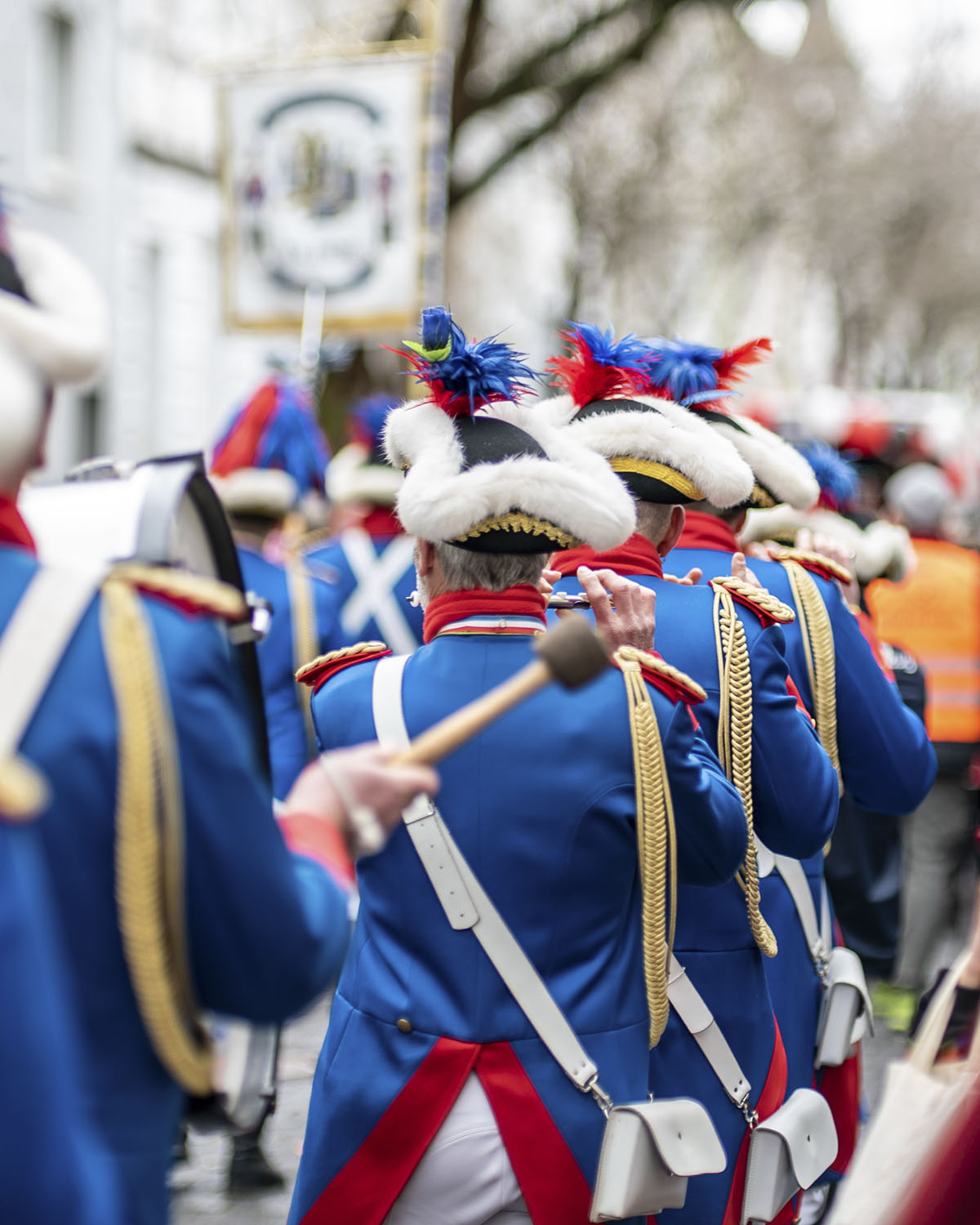
Photo: Unsplash
Yet, long before the alliances and mechanical warfare of the early 20th century combined to unleash the brutal, attritional trench warfare that scarred a generation, Carnival had long been celebrated. Its japes helped folk get through the dark, cold days of winter and dissipate social tensions. Societal norms could be temporarily inverted while people had fun. It was accepted that jokers and fools could mock members of society normally afforded deference and respect. That’s still an element of Carnival.
In Munich, one of the highlights of the Carnival season is the series of balls held at the Deutsches Theater. The venue in Schwanthalerstrasse hosts the popular balls through January and February. The entertainment includes the crowning of the Fasching prince and princess. The couple, known as the Faschingprinzenpaar, waltz together to popular acclaim.
Their first dance takes place at the Narrhalle Soiree, one of the most anticipated events in the series of balls. Organised by a carnival society which was founded in the last decade of the 19th century, it sees attendees dress in ballgowns and evening suits. The evening also sees a prominent public figure receive an award known as the Karl Valentin Order. First presented 50 years ago, it is named after a Bavarian comedian whose life story is told at the quirky Valentin-Karlstadt Museum in the Isartor, one of Munich’s historic city gates.
Former footballer Phillip Lahm (2018), actor and filmmaker Til Schweiger (2013), plus former boxers Vitali and Wladimir Klitschko (2012), count among the recipients of the award which bears Karl Valentin’s name. A bronze statue of the comedian wearing a bowler hat, with an umbrella draped over his right arm, adorns a fountain on the Viktualienmarkt.
A key moment in Munich’s Fasching celebrations takes place within sight of that modestly sized landmark. At 11.00 am, a group of women who work at the market perform a carefully choreographed dance.
In recent years, it’s become increasingly rare for men to wear ties as part of their business attire. Consequently, the old Carnival tradition of women snipping them off using scissors and offering up a kiss in return is in danger of dying out. Those lighthearted acts of tie-vandalism are associated with the merriment of ‘Weiberfastnacht’ festivities on the Thursday before Faschingsdienstag. They were more commonly witnessed in the Rhineland than in Bavaria’s state capital.
Munich has a Carnival parade but its scale pales in comparison to the one held in Cologne on Rose Monday. Estimates suggest that as many as 1.5 million people gather on Cologne’s streets to see the floats go by and experience the party atmosphere.
Not all of the young professionals who work in Munich can get the time off to head more than 500 kilometres northwest and experience Karneval in the Rhineland. But clearly, judging from the laughter and street party around me, plenty could get at least the afternoon off to celebrate Faschingsdienstag in the city centre. Only time will tell where the party goes from here.
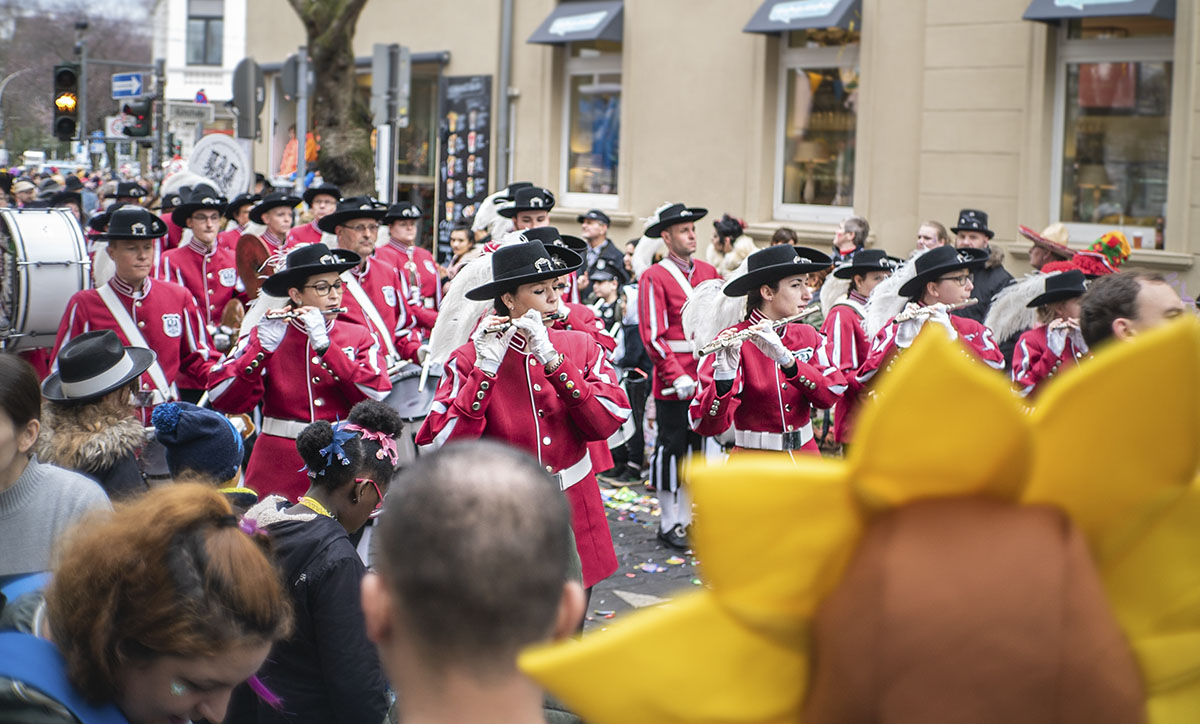
Photo: Unsplash
Subscribe to Our Newsletter
Receive our monthly newsletter by email
